Taon Noong Ako'y Anak sa Labas (2008)
Gênero : Documentário
Runtime : 1H 40M
Director : John Torres
Escritor : John Torres
Sinopse
Filmmaker John Torres describes his childhood and discusses his father's infidelities.
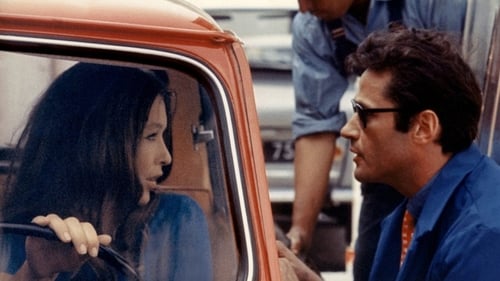
O "Dela" no título do filme se refere à Paris dos anos 60, um retrato da sociedade de consumo, em meio à pobreza das massas e conflitos como a Guerra do Vietnã. Um dos exemplos dessa atmosfera é Vlady, uma dona-de-casa que se divide entre cuidar da família e a prostituição, o meio mais fácil que encontra para poder ganhar dinheiro e satisfazer suas necessidades mais frívolas.
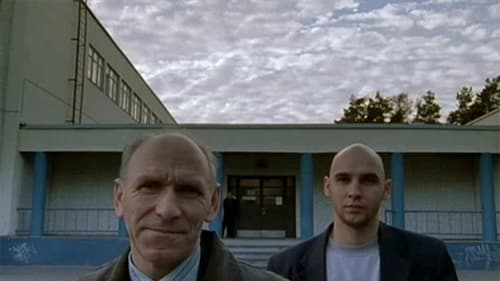
Twenty-five films from twenty-five European countries by twenty-five European directors.
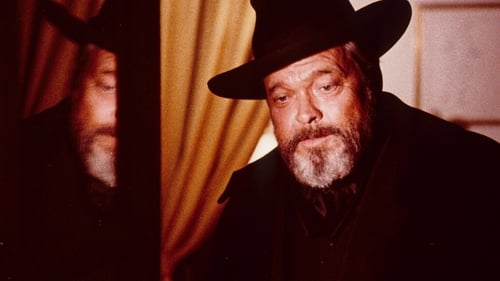
F for Fake é um documentário ensaístico, um filme sobre a fraude, a mentira, nos seus vários ângulos. Centra-se na vida do famoso falsificador de arte Elmyr de Hory.Welles surge em vários locais, inclusive num restaurante, até numa suposta sala de edição, criando um filme dentro do filme.

Cremaster foi feito durante um período de oito anos (1994-2002) e culminou em uma grande exposição do museu organizado por Nancy Spector do Museu Solomon R. Guggenheim , em Nova York, que viajou para o Museu Ludwig , em Colónia e do Musée Moderne arte d' em Paris, de 2002-03. Colaborador de longa data do Barney Jonathan Bepler compostas e arranjadas as trilhas sonoras para os filmes.
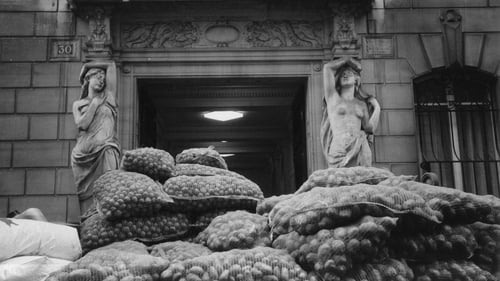
Commissioned by French television, this is a short documentary on the neo-classical statues found throughout Paris, predominantly on the walls of buildings, holding up windows, roofs etc.
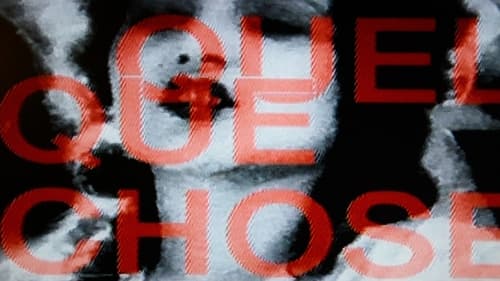
A very personal look at the history of cinema directed, written and edited by Jean-Luc Godard in his Swiss residence in Rolle for ten years (1988-98); a monumental collage, constructed from film fragments, texts and quotations, photos and paintings, music and sound, and diverse readings; a critical, beautiful and melancholic vision of cinematographic art. (Abridged version of the original collection of eight short films).

A very personal look at the history of cinema directed, written and edited by Jean-Luc Godard in his Swiss residence in Rolle for ten years (1988-98); a monumental collage, constructed from film fragments, texts and quotations, photos and paintings, music and sound, and diverse readings; a critical, beautiful and melancholic vision of cinematographic art.

A very personal look at the history of cinema directed, written and edited by Jean-Luc Godard in his Swiss residence in Rolle for ten years (1988-98); a monumental collage, constructed from film fragments, texts and quotations, photos and paintings, music and sound, and diverse readings; a critical, beautiful and melancholic vision of cinematographic art.

A very personal look at the history of cinema directed, written and edited by Jean-Luc Godard in his Swiss residence in Rolle for ten years (1988-98); a monumental collage, constructed from film fragments, texts and quotations, photos and paintings, music and sound, and diverse readings; a critical, beautiful and melancholic vision of cinematographic art.
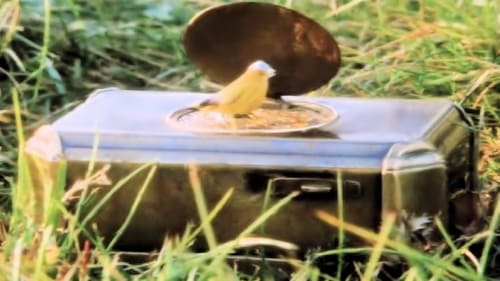
"Land of Dreams" - When the daughter Johanna is born in 1983, Jan Troell tells the story about his childhood Sweden and how things were when he grow-up in the land of fairy tales and potential prosperity.

Um ensaio atmosférico, servindo como uma versão alternativa do “Conde Drácula”, um filme dirigido por Jess Franco em 1970; uma narração fantasmagórica entre ficção e realidade.

A very personal look at the history of cinema directed, written and edited by Jean-Luc Godard in his Swiss residence in Rolle for ten years (1988-98); a monumental collage, constructed from film fragments, texts and quotations, photos and paintings, music and sound, and diverse readings; a critical, beautiful and melancholic vision of cinematographic art.

A film composed of images from prisons. Quotes from fiction films and documentaries as well as footage from surveillance cameras. A look at the new control technologies, at personal identification devices, electronic ankle bracelets, electronic tracking devices.

A short 6-minute essay-documentary by Maurice Pialat on the region in which much of the action of Nous ne vieillirons pas ensemble unfolds.
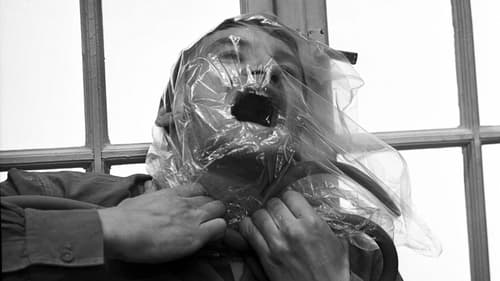
The reunion of a group of former medical students results in a flood of bitter memories.

Following Bellavista and Totó, Peter Schreiner completes his informal trilogy of epic, black-and-white digital-video essay-films with the utterly monumental Fata Morgana. Shot in the Libyan desert and in an abandoned building in Lausitz, Germany, it features a man (Christian Schmidt), a woman (Giuliana Pachner, from Bellavista) - and, glimpsed now and again, a guide (Awad Elkish.) They talk, they fall silent. Winds blow. The sun shines. The camera runs. What gradually takes shape is nothing less than a painstakingly concentrated attempt to understand the human condition through the lens of cinema. A lofty ambition, and one that demands a considerable leap of faith on the part of the audience: this film is sedate, "difficult", challenging, often apparently impenetrable. But anyone who has seen Schreiner's previous films will be aware that he is by any standards a major artist, one that can be trusted to find places that other directors may not even suspect exist.

A boy writes an essay about a bad day.

Ao filmar as paisagens invernais das planícies e aldeias de Ain, onde vivia o sacerdote santificado Santo Cura de Ars, Jacques Demy tentou compreender o misticismo e os tormentos diários de um lutador pela fé.

Filmmaker Kogonada unpicks what defines the Golden Age of Italian cinema with a side-by-side comparison of two edits of the same film, one according to Italian director Vittorio De Sica, and the other according to Hollywood producer David O. Selznick.

"A refined film essay about the loneliness, wisdom and humility of old women. The film, most valued by Jan Špáta, was awarded the Grand Prize at the International Short Film Festival in Oberhausen, the Trilobit Award and Special Mention at the IFF in Karlovy Vary."














